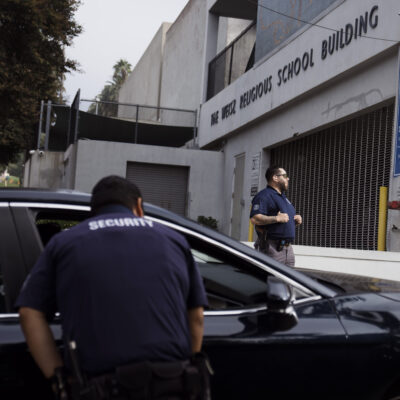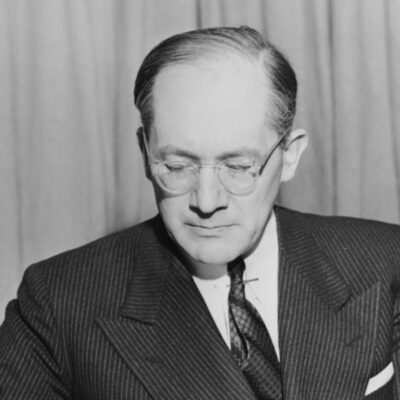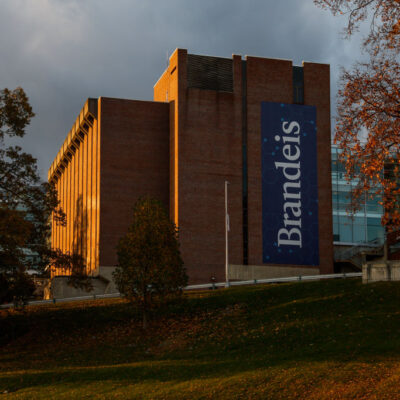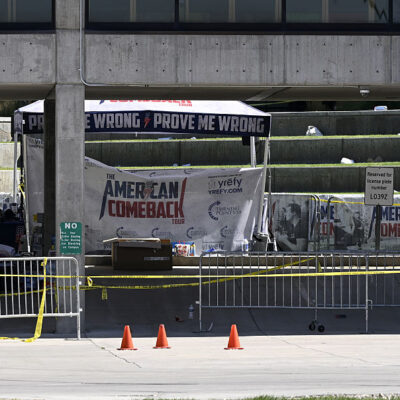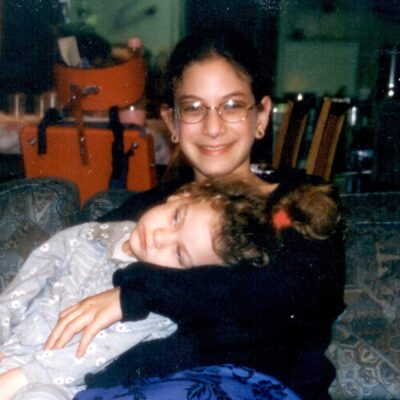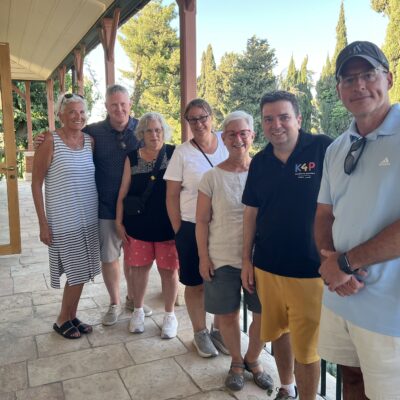Is the Pandemic the End of Jewish Education as We Know It?

By Melissa Cohavi, LMSW, MARE, RJE
As a Jewish educator, and a student of Jewish education for almost a quarter-century, I know well the history of Jewish education in the United States and the many critics of supplemental Jewish education as not being enough to sustain the next generation of Jews. But, over all of these years the critics of part-time Jewish education have been wrong. Supplemental educational programs and their professionally educated educators have created programs and developed new and exciting ways of learning for their students year after year and decade after decade. But somehow things feel different now.
When my colleagues and I were forced to pivot to virtual learning platforms in March, we found ourselves in new territory. Yes, some of us had been doing virtual learning all along, but this was different because the entire field – no matter where you were located – was pivoting at the same time to a learning platform that the majority of us were not familiar with. In addition, our teachers were forced to pivot and to teach in ways that they never had before. I will say, that although the learning curve was steep, we did a great job. So, kudos to all of my educator colleagues.
We have since spent the summer learning about new and different platforms, collaborating, sharing, and making decisions that we never thought we would have to make. We have created socially distanced spaces, ordered tents for outdoor learning, and created both virtual and in-person programs. And now we find ourselves waiting; waiting for our families to come back and register their children. In discussion with my local colleagues in our educators’ group, as well as with colleagues around the country, many of our families are not registering and, it seems, not coming back. It seems that the pandemic has changed a lot for all of us, including our families. They are looking more closely at priorities and where they want to spend their money, and it seems that it is not at the synagogue. In one conversation I had recently with a parent she wondered aloud to me what her children’s identity and connection to Judaism will be in the future if she does not send them back to my program. But the wondering aloud didn’t seem to be enough to give her the impetus to rejoin, because they haven’t yet. I find myself wondering why the Jewish education of their children seems not to be a priority right now.
As a 4th generation American myself, I see the distancing from tradition and religion growing deeper and stronger as the years pass. We know that this is not only a Jewish issue, but as a Jewish educator I want to find a solution and a way to keep our families connected, and I am struggling because I don’t know what that is. We know that the Bar/Bat Mitzvah has been the rite-of-passage that has kept many of our communities afloat, and I wonder how that will change and how many of our sacred and precious communities will not survive this pandemic. I don’t have an answer, but if you know please let me know. Is this pandemic the end of Jewish education as we know it?
Melissa S. Cohavi is the Director of Jewish Identity Development at Congregation B’nai Yisrael in Armonk, New York. She has an MSW from Yeshiva University and a Masters in Religious Education from HUC-JIR. Melissa is a student in the executive doctoral program at The Jewish Theological Seminary of America and is studying towards a Doctorate in Education.

 Add EJP on Google
Add EJP on Google